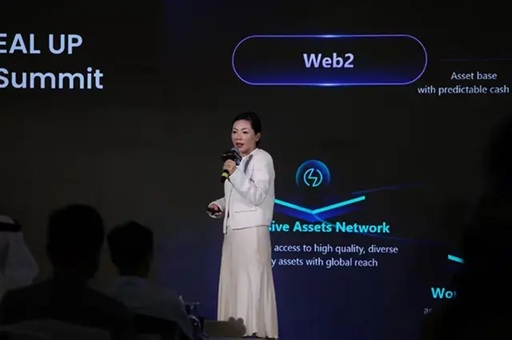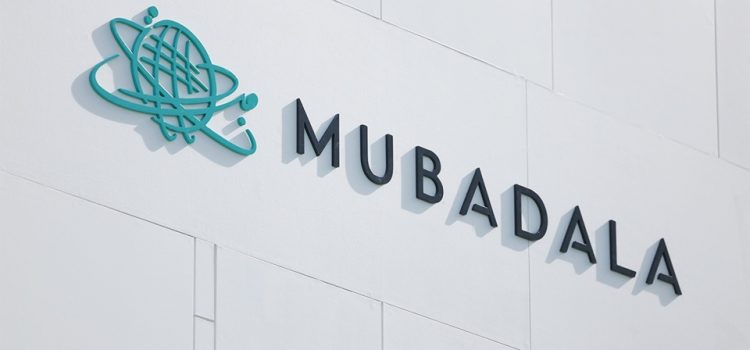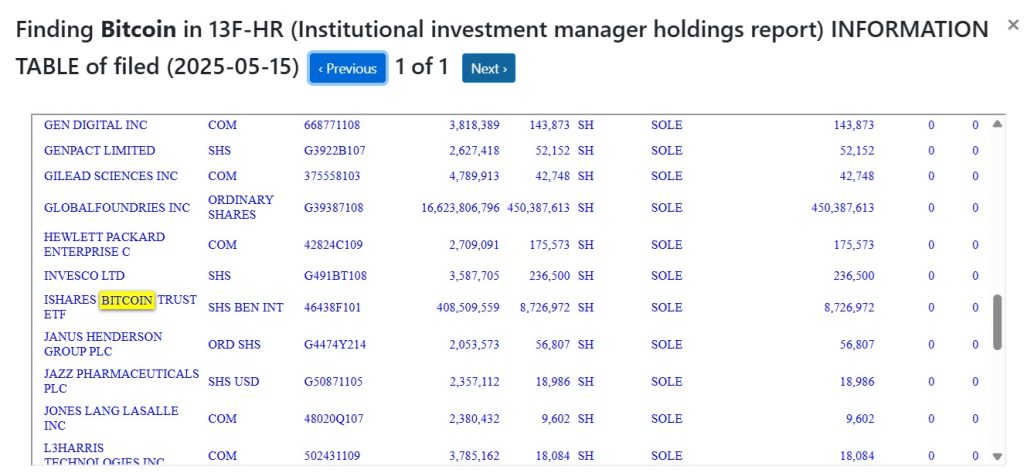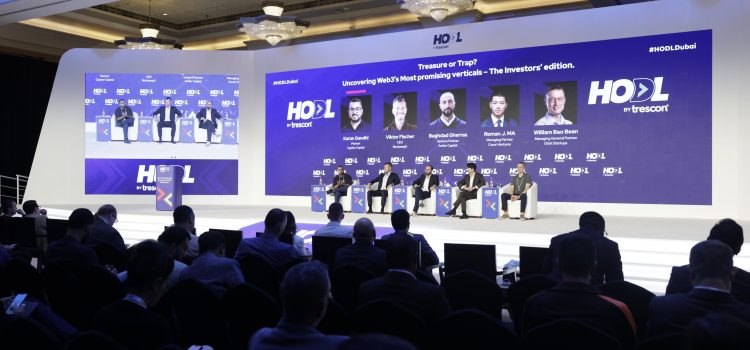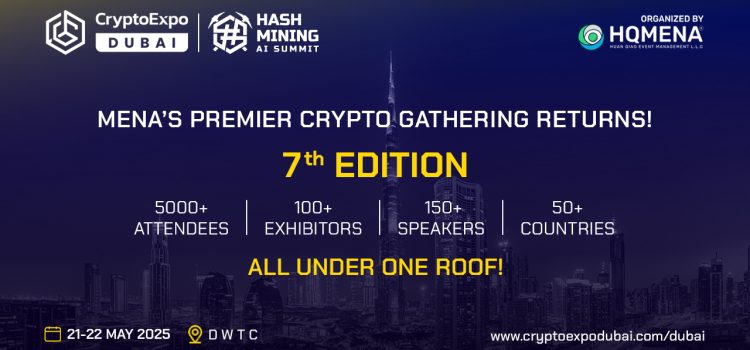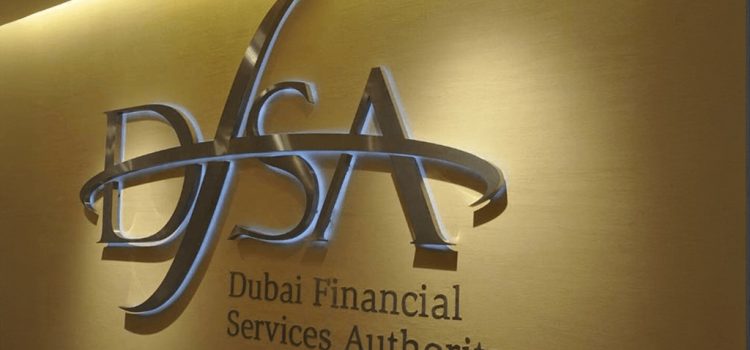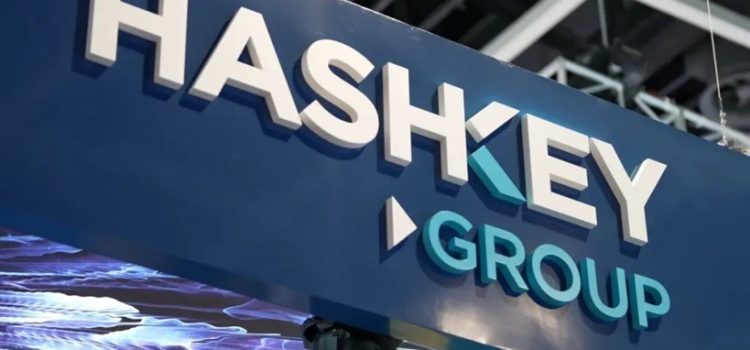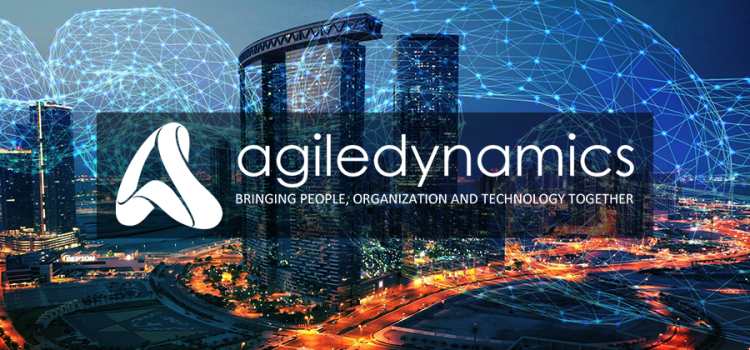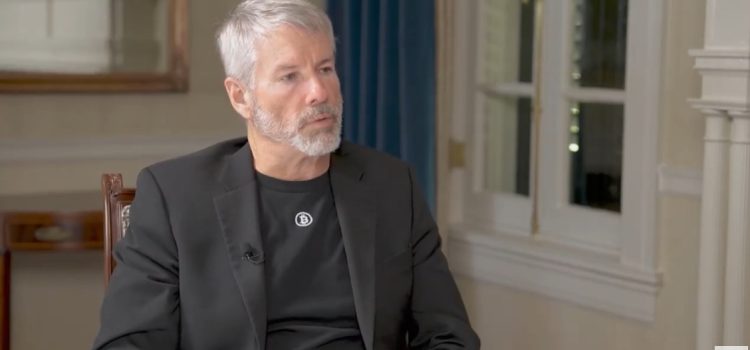Michael Saylor an American entrepreneur and business executive and the executive chairman and co-founder of MicroStrategy, a company that provides business intelligence, mobile software, and cloud-based services in an interview with Al Arabiya English notes that GCC banks could become trusted digital asset custodians, while he calls for their sovereign wealth funds to buy Bitcoin.
In the Al Arabiya English interview with Hadley Gamble, he works to convince the globe on why Bitcoin is the center of the AI economy, and why countries including KSA, Kuwait, Qatar, and UAE as well as the rest of the world should buy Bitcoin. He then states that GCC region with its low taxation, its digital asset regulations, and its trusted banking sector could become the trusted digital asset custodians for the digital economy.
He starts with the fact that there is a change in the status quo and how digital capital is a no brainer, it is like Facebook for money, Google for money because Bitcoin is digital gold and a non-sovereign store of assets, allowing investors to avoid counter party risk.
He adds that it is a safe haven better than gold, 10X more valuable than gold and is growing in value at 20% a year. He says, “It is the best investment idea in the world, and people just want to keep their money, usually doing it through buying real estate, equities, collectible, which all have risk factors.
With increased uncertainty and losing confidence in governmental currencies which are facing a lot of risk because of technology, politics and monetary policy, they will trade it in for Bitcoin. For him Bitcoin is a hedge growing by 55% 2 trillion now to 20 trillion in four years and 280 trillion in 2045.
He goes on to note that this is the dominant network. He also states that USD stablecoin demand is increasing
His case against Gold
He believes that given gold is not as liquid as money, and not a sellable commodity like it was 1000 years ago, it isn’t fast enough. He explains, “400 million companies across the globe cannot settle with gold. To settle $10 billion of gold it would take 10 years.” According to Saylor, Bitcoin represents digital gold, the most liquid and fungible commodity asset, better than gold that can be teleported in seconds, put on 5 billion smart phones, with 0% inflation.
He adds that cash settlement is always difficult but with Bitcoin you can settle billions every four hours. He calls it the “perfect money, perfect capital, that will build an entire digital economic system.”
When asked why people aren’t using it to buy stuff, he simply states, “You don’t pay for things in capital. Money has two aspects high frequency money like the dollar and Euro, and Peso which people don’t hold for more than four years, with local currencies being held only for weeks or months especially in countries like Egypt and Lebanon. 90% of people don’t save in dollars, they save in land, real estate, equities, and Bitcoin.
He also believes that once the United States regulates stablecoins its market cap will go up to $2 trillion.
The digital economy fused with AI will need Bitcoin
He reasserts what we all know already that the future is digital. He believes everything will be tokenized starting with the dollar. According to him given that AI will be prevalent and it will be smarter and faster, “your AI will want to move your money for better investment opportunities 18 million times an hour.” The intelligent economy will bypass regulated economies. So countries need to advance their regulatory environments, while ensuring ethically responsible friction free environment.
How the GCC countries can benefit
There are many ways countries like Saudi Arabia, Kuwait, Qatar and UAE can benefit from the rise of digital economies and Bitcoin. First according to Saylor, they could become the repositer of digital energy which is more important for the AI datacenters than it is for Bitcoin. He states, “The AI economy will need massive amounts of energy 400 GWs of electrical power to move forward. If an economy doesn’t have electricity it doesn’t think. He believes nuclear technologies will power the intelligent economy.
He calls on sovereign wealth funds in GCC to invest in Bitcoin, telling them to buy as much as they can buy. “You ought to buy as much as you want money, returns of 29% a year for 21 years.
He also adds that the GCC banking sector could become institutional custodians for Bitcoin. He explains, “digital currencies will want to find a home that has favorable tax regimes, favorable regulations and they will be looking for institutional grade custodians, banks that I trust in the UAE, Qatar, or Kuwait where I can custody my bitcoin, a Bitcoin custodian Bank.”
He adds that we have yet to see who will emerge as a digital Switzerland.
The Risks
According to Saylor there are no risks or impediments to Bitcoin except the regulatory ones.
While he mentions that Armada Spanish fleet hit Gold, he doesn’t mention that a lack of internet could hit Bitcoin, or the fact that if Bitcoin becomes centralized into the hands of the few, it defeats the purpose of the technology, or even the fact that if quantum computing prevails, the security of the Bitcoin network could be at risk.
So while he calls for sovereign wealth funds to buy Bitcoin as he create security products for investors of Bitcoin, and while Micro Strategy invests billions of dollars into Bitcoin, the risks are there even if smaller than the risks of 20th century money.
So yes it might be a great idea for sovereign funds to diversify their portfolios into Bitcoin, it might not be a good idea to try and buy so much that Bitcoin becomes a new central bank digital currency, and definitely not the smartest idea to have banks custody the Bitcoin!









